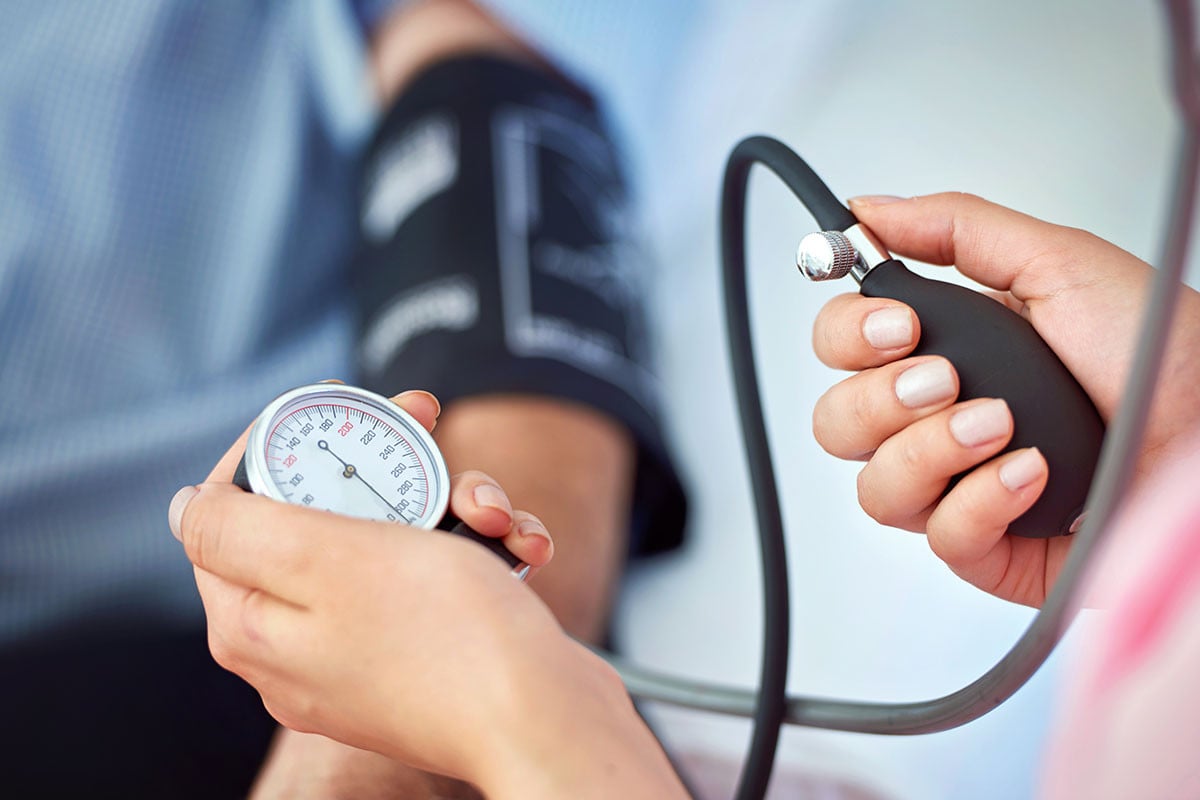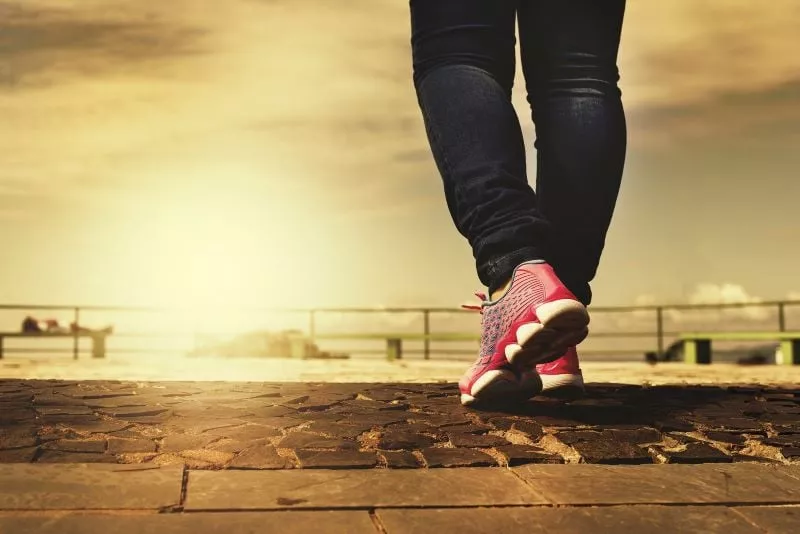Research has shown that just five minutes of exercise each day can lower blood pressure and reduce the risk of heart problems. Adding short bursts of activity into your routine, like taking the stairs or cycling, can significantly improve your blood pressure readings.

Experts suggest that small lifestyle changes—such as swapping five minutes of TV time for five minutes of running—can have a big impact on heart health. The key is to engage in activities that get your heart rate up, including dancing, running, or even vigorous cleaning.
A study conducted by University College London (UCL) and the University of Sydney tracked 14,761 people who wore activity trackers to examine how daily movement affected blood pressure. Over the course of a day, participants spent around seven hours sleeping, ten hours sitting, three hours standing, one hour walking slowly, one hour walking briskly, and about 16 minutes engaging in activities that raised their heart rate, such as cycling or running.

The Odyssey Online
For diastolic blood pressure, even small changes like swapping 10 minutes of fast walking, 11 minutes of sitting, or 13 minutes of sleep for more intense activity were found to provide significant benefits.
High blood pressure is a major cause of heart attacks and strokes in countries like the UK alone, with an estimated 14 million adults affected, including 5 million who are undiagnosed. If left unchecked, high blood pressure can lead to an enlarged heart, causing it to pump less efficiently, which can eventually lead to heart failure.
Adults from the ages of 30 to 40 are experiecing high levels of hypertension (high blood pressure) in Pakistan leading to a number of cardiovascular diseases.
Dr. Jo Blodgett, lead author from UCL, stated: "Our findings suggest that, for most people, exercise is key to reducing blood pressure, rather than less strenuous forms of movement such as walking. The good news is that, whatever your physical ability, it doesn’t take long to have a positive effect on blood pressure."
She added, "What’s unique about our exercise variable is that it includes all exercise-like activities, from climbing the stairs to a short cycling errand, many of which can be integrated into daily routines. For those who don’t do a lot of exercise, walking did still have some positive benefits for blood pressure. But if you want to change your blood pressure, putting more demand on the cardiovascular system through exercise will have the greatest effect."









COMMENTS
Comments are moderated and generally will be posted if they are on-topic and not abusive.
For more information, please see our Comments FAQ